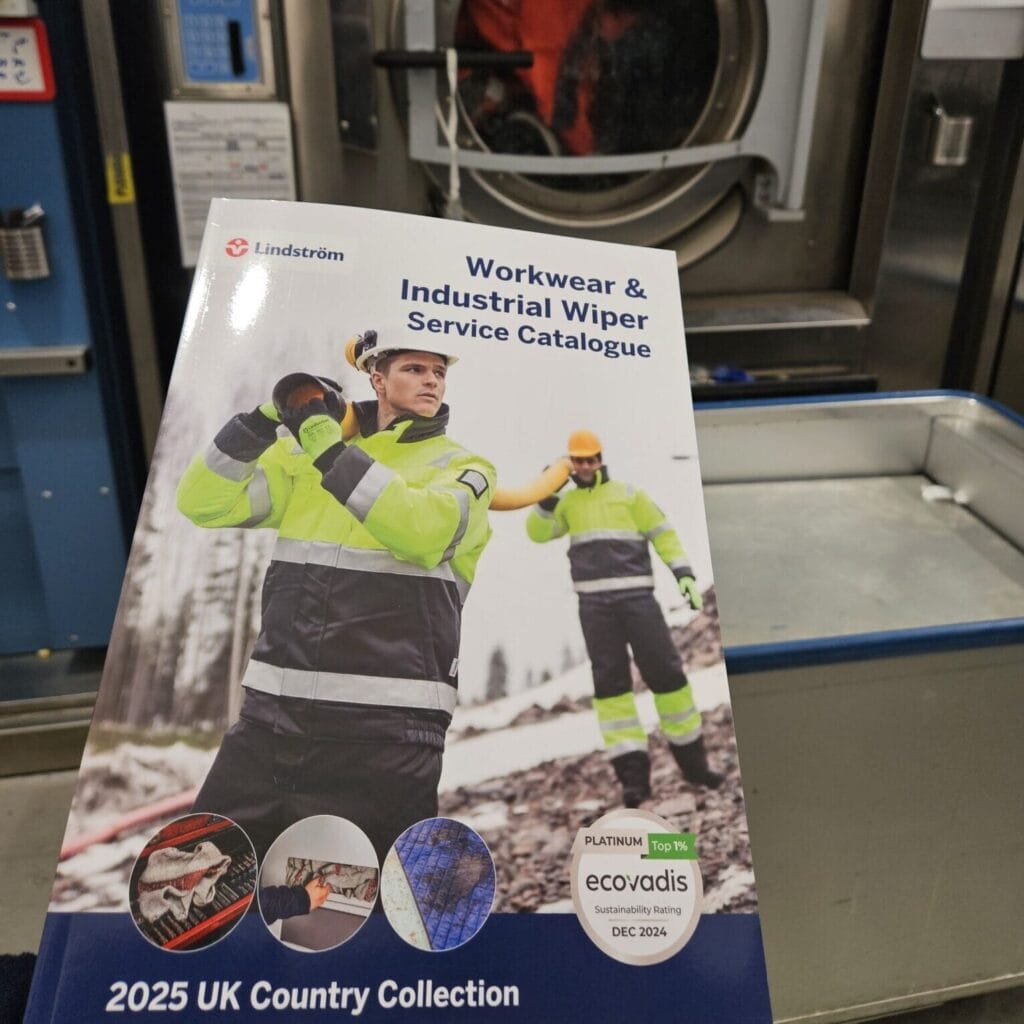
New UK Government Plastic Packaging Tax 2022
From the 1st of April 2022, the UK Government will be introducing a new Plastic Packaging Tax (PPT). Designed to incentivise businesses to use recycling plastic within their packaging. With the aim of increasing demand for recycled plastic and therefore diverting it away from landfills or incineration. Following this date, a charge of £200 per tonne will be required for any plastic packaging that falls within the tax rules. This applies to any plastic component that does not contain a minimum of 30% recycling content. The chancellor of the Exchequer, Rishi Sunak stated that he wanted the UK to become “a world leader in tackling the scourge of plastic, littering our planet and our oceans”.
Plastic Pollution
Plastic pollution is quickly becoming an environmental crisis, as the disposable of plastic products increases at a rapid pace. According to the National Geographic Society, half of all plastics ever manufactured have been made in the last 15 years. Furthermore, on average 12 million tonnes of plastic enter the oceans each year.
Research has found that millions of animals are killed by these plastics every year. Most of which are caused by entanglement or starvation. Animals such as whales, turtles, and penguins have been found strangled by fishing lines or plastic rings from cans. Furthermore, plastic has also been found inside 700 species, including birds, fish, shrimp, and mussels. These can block the digestive tract, piece organs, and cause death. Starvation can also occur as the blocking can reduce the urge to eat, causing starvation.
Often found inside or around the body of fish, birds, and marine mammals sometimes up to seven miles beneath the sea. The idea behind the new tax rules is to help prevent pollution in the world’s oceans and to protect the environment.
When Packaging Is Considered Plastic
The PPT charge covers any plastic packaging component produced or imported within the UK. The term packaging component’ refers to a product that is designed to be suitable for use, whether alone or in combination with other products. This broad definition, therefore, encompasses various items perhaps not viewed as packaging such as coat hangers. When businesses consider their impact, items such as plastic bottles need to be separated. Therefore, consider the bottle itself, the lid, and any plastic label separately.
As part of PPT, plastic is referred to as a polymer material with added additives or substances. Therefore, not including cellulose-based polymers have not been chemically modified. The additives included are materials such as calcium or dyes. When businesses assess the amount of plastic within their packaging, these additives are included as part of the plastic. If packaging comprises multiple materials but contains more plastic by weight than any other substance, it needs to be taxed.
Implications For Your Business
Any manufacturer or if a business imports packaging will need to take further steps to establish their tax status. If they manufacture or import more than 10 tonnes of plastic in 12 months, the business will be required to keep additional records. This is due to printing being designated as a ‘substantial modification’. Therefore, packaging producers will undertake the last substantial modification and be required to pay the tax.
The UK Government have outlined the steps that can be taken when deciding if you should be paying the tax:
- Work out which packaging is subject to Plastic Packaging Tax.
- Decide if you need to register for the tax.
- Work out the weight of the packaging you manufacture or import.
- Check when you must register for the tax.
- Find out how to register.
- Check which records and accounts you must keep and how to carry out due diligence.
- Read how to claim a credit or defer paying Plastic Packaging Tax (if applicable).
- Find out how to complete your return.
BPIF Help & Support
British Printing Industries Federation (BPIF) is a leading trade association representing the UK print, printed packaging, and graphic communication industry. The BPIF can provide PPT support to the industry via various means which can be found here such as:
- Regular updates
- Roundtables
- Webinars
- Helpdesk and guidance
- A dedicated hub
You can book now various webinars and briefings around various topics such as Cartons, Labels, Display & POS as well as Commercial Print PPT.
How Lindström can help
Following the right legalisation is hugely important for businesses. Having the correct workwear for employees that is in line with the latest legalisation is also extremely important. Without this, you cannot guarantee employee safety and wellbeing.
Lindström provides a wide range of workwear that is suitable for the food packaging industry. Our catering clothing rental services provide your company with access to specialist PPE. Workwear that looks smart whilst meeting the strictest hygiene standards and regulations. From catering jackets, hats, and trousers, Lindström has it all. Enable your teams to work with complete confidence today, contact us now.



